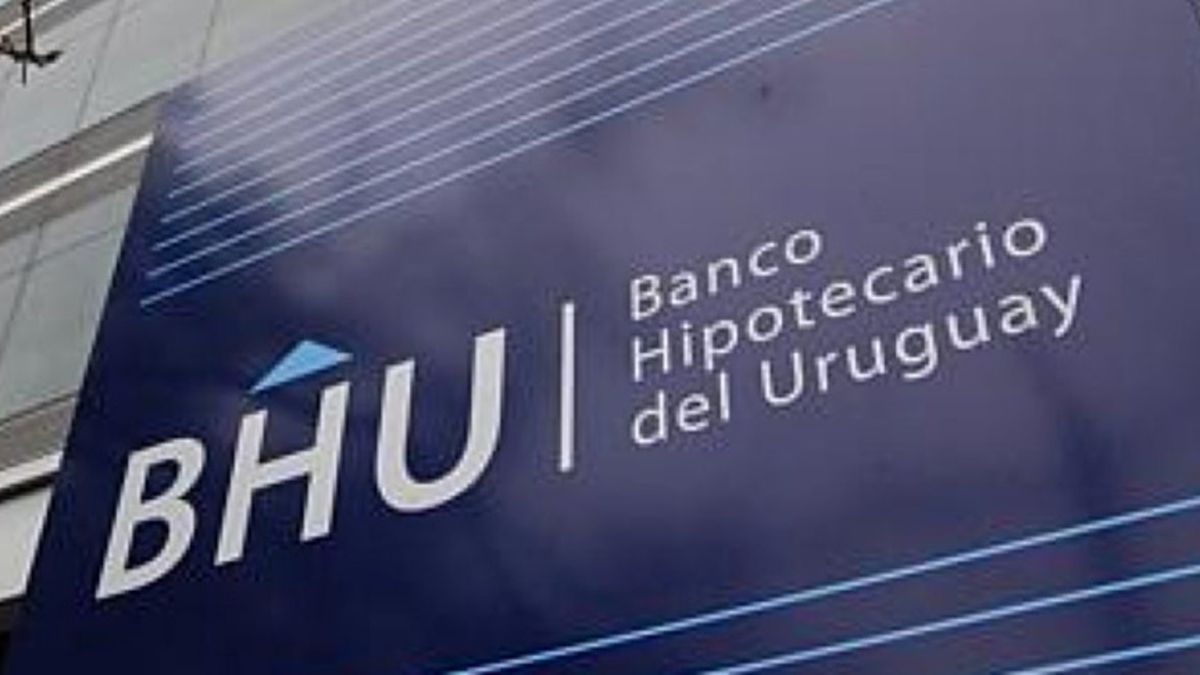The plenary session of Senate will begin to debate the bill that seeks to provide a solution to debtors in Resettable Units (UR) of the Mortgage Bank of Uruguay (BHU) and of the National Housing Agency (ANV)after the Budget Commission integrated with Housing unanimously approved the initiative.
“A solution is materialized, a long-delayed desire for many people; some strict justice,” said the senator from Carlos Camy National Party, one of the developers of the project that was not exempt from controversy, both for offering debt restructuring for 24,500 families and for proposing the merger between the BHU and the Republic Bank (BROU).
The bill divides debtors into three large groups to which it grants different solutions; and includes only those debtors who have paid until at least December 31, 2022.
A first group is made up of those who have more than 40 years since they obtained the original credit and a minimum of 210 installments paid, whose debt is settled if the person remained active paying during all those years.
The second group is made up of those who are less than ten years from reaching 40 years from the original credit; The current installment will be maintained for these while the debt in UR is readjusted, which accelerates the amortization of the credit.
The third group, made up of those who lack between 10 and 30 years to reach 40, he will continue paying the fee but with a growth in debt in UR at 2.5% – against the current growth between 5% and 7%. In these cases the amortization.
Starting today at 9:30, the session called in the Upper House will take place to begin discussing the project in the plenary session, whose vote is also scheduled for today. For his part, the white senator Sergio Botana —also editor of the initiative along with Camy and the colorado Germán Coutinho—, He maintained that “the most important thing of all, the fundamental thing, is that anguish has an end day.”
The controversies surrounding the bill
Since the restructuring bill for debtors in UR began to become more and more a reality, approximately last July, comments and accusations against it have not stopped arising. Two large pillars organized the critics to the initiative: on the one hand, those who are against the merger of the BHU with the BROU and, on the other, those who consider that the rescue of this group of debtors is not necessary or, in principle, is unfair towards another type of debtors of the country.
The first point was, in fact, the one that delayed the project’s entry into the Parliament, since the group of senators who promoted the proposal had to make modifications together with the Ministry of Economy and Finance (MEF) so that the debt restructuring part could be voted on independently of the section on the BHU merger. The idea of the disappearance of Banco Hipotecario generated the rejection of the president of the institution, Casilda Echevarría, and of the Association of Bank Employees of Uruguay (AEBU); but also of Wide Front and Town meeting, Therefore, the conditions were not met to reach the special two-thirds majority necessary to approve it.
On the other hand, there are also questions about the restructuring of debts in UR: according to a report prepared by the consulting firm CPA Ferrere At the request of the BHU, people who took out loans at UR were not the most affected in recent years, so they would not necessarily require an initiative to help them pay their debts. Or, if it actually ends up being sanctioned, it can generate a wave of similar complaints by debtors in UI and even promote or “accentuate moral hazard behaviors” given the idea that in the event of non-compliance, an alternative will arise that involves forgiveness or restructuring of debts.
Source: Ambito




